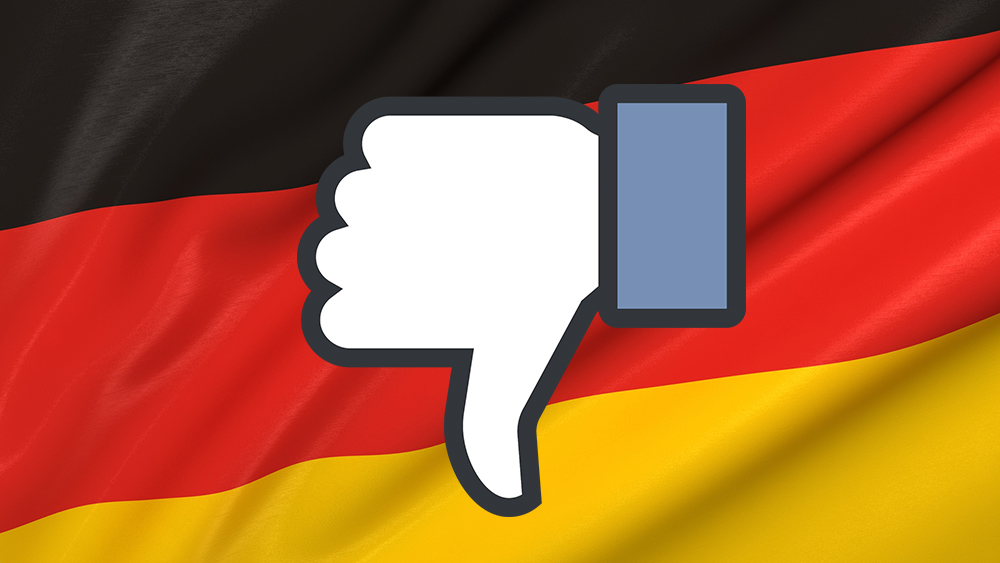Germany enforces law that will fine social networks if they don't remove hate speech in 24 hours
Twitter, Facebook and YouTube could face fines of up to 50m euro if they don't comply

Germany has become one of the first countries to enforce a law that requires social networks such as Facebook and Twitter to act more quickly to remove fake news and hate speech.
Named the Network Enforcement Act (Netzwerkdurchsetzungsgesetz in German or NetzDG for short), the law was passed at the end of June last year, however social networks were given until the end of 2017 to prepare themselves for the arrival of the law, which is about to be enforced.
The law demands that social media sites that don't remove "obviously illegal" posts within 24 hours of being notified could face fines of up to a whopping 50m euros (44.3m).
However, only big sites with more than two million members for instance Facebook, Twitter and Youtube - will fall under Germany's new hat speech law provisions. Although Reddit, Instagram and Tumblr will also be caught up in the provisions.
When it was announced earlier last year, the law was met with criticism from the likes of Facebook, who said the Network Enforcement Act in its current form is "not suitable to combat hate speech and false news".
The law was apparently devised after Facebook, Twitter, Google all agreed to the German government that they would remove criminal forms of hate speech within 24 hours. However, those commitments haven't always gone to plan.
Now, the act means social media firms not only need to act quickly to remove hate speech and the like, but it requires them to put in place a comprehensive complaints structure so that posts can quickly be reported to staff.
Get the ITPro daily newsletter
Sign up today and you will receive a free copy of our Future Focus 2025 report - the leading guidance on AI, cybersecurity and other IT challenges as per 700+ senior executives
And Germany isn't alone in its plight to eradicate illegal material online. In September, the European Commission announced it would enforce regulations on social media sites if they did not increase their efforts to remove and prevent illegal content on their platforms independently by May 2018.
The new guidelines from the EC effectively spelt out how technology firms can tackle online hate speech, inviting them to step-up their efforts to curtail hate speech voluntarily rather than for the EU to apply additional pressure through regulation.
-
 Cleo attack victim list grows as Hertz confirms customer data stolen
Cleo attack victim list grows as Hertz confirms customer data stolenNews Hertz has confirmed it suffered a data breach as a result of the Cleo zero-day vulnerability in late 2024, with the car rental giant warning that customer data was stolen.
By Ross Kelly
-
 Lateral moves in tech: Why leaders should support employee mobility
Lateral moves in tech: Why leaders should support employee mobilityIn-depth Encouraging staff to switch roles can have long-term benefits for skills in the tech sector
By Keri Allan